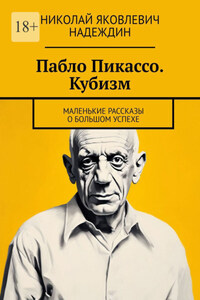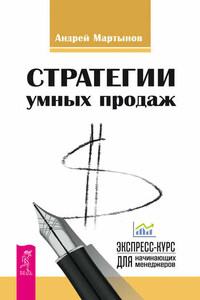This book is intended for people who have some, not necessarily very much, acquaintance with Wagner’s operas and who feel that they raise questions which are both urgent and difficult. The sensuous appeal of Wagner’s art is very powerful, but it also, and oddly, seems to be highly intellectual. And, as reading anything about Wagner soon reveals, it gives rise to a great deal of polemic, much of it soon taking one away from the works themselves and onto the personality that created them, and to broad cultural issues. For an artist who has been dead for more than a century, Wagner’s position is uniquely unstable. I want to investigate why that should be so, to put the central points in the arguments as forcefully as I can, and while not disguising the fact that I am a passionate admirer of his work, to see why so many people who are musically and culturally quite catholic in their tastes find his art repellent.
There are no musical technicalities in this book, which means that it is not an explanation of how Wagner gains his effects, but rather an exploration of what they are. Nor have I given plot summaries of the music dramas, since they are available in many books (see Select Bibliography), and in the booklets which accompany most recordings of the works.
I have discussed Wagner with countless people over a period of more than forty years. Many of those discussions have no doubt contributed to the views which I now have about his work. But the only acknowledgements which need to be made are to my friend Brian Jones, who encouraged me at a crucial stage of writing this book, and discussed its shape, and many specific points, at a length which amazed us both, but which was unquestionably beneficial. I owe him an incalculable debt; and to Frank Kermode, who asked me to write the book, and was most encouraging and patient about it. The same applies to Stuart Proffitt, who showed in extreme measure the mixture of forbearance and keenness to see the finished item which one hopes for from a publisher.
Michael Tanner
Cambridge, August 1995
What is it about Richard Wagner that makes him, 112 years after his death, still so violently controversial? The easy answer would be ‘Everything’, but it would not be quite right. For no one – no serious musician – any longer doubts that his place among the most significant composers is now secure. That, at least, is a comparatively recent development. Until after the Second World War, which certainly did his reputation no good, and for which, to read some contemporary commentators, one might think he was in large measure responsible, there were still important figures on the musical scene who were prepared confidently to dismiss him out of hand.
But one would be hard put to it now to find that attitude. It becomes increasingly difficult to write off someone whose works remain enormously popular all over the world, whole cycles of the Ring, however outlandish the production and mediocre the musical execution, being invariably sold out in advance; and much more so now than half a century ago. Among the musical avant-garde his fate has been more complex: after a period in which many of them, Stravinsky being their leading spokesman (but even he finally recanted), regarded him as a tiresome perversion in the history of music, they have increasingly tended to find him a cause of extreme fascination, and even of inspiration. That has been especially true of the aggressive modernists of the post-World War II era, Boulez and Stockhausen. The latter is still in the process of writing a vast cycle of operas which he knows will routinely be dubbed Wagnerian, on account of their scope, ambition and pretensions. Boulez has devoted lengthy periods of an exceptionally varied and trend-setting career to conducting Wagner, and to writing about him in favourable terms, though his writings seem to urge on us the strange request that we, at long last, come to view Wagner ‘objectively’. But how can we, and how can anyone, imagine that we ever will?
We have the phrase ‘to put someone in perspective’, and we use it in an odd way. For since it has become fashionable, at any rate in philosophical circles, to use the term ‘perspectivism’, and rather less fashionable to have much of an idea of what that term might mean, people have begun to deny, on what sound like fresh grounds, the possibility of objective truth. And yet when they talk of putting Wagner, or for that matter anyone else, in perspective, they seem to mean getting an accurate idea of him as opposed to being infatuated with or violently contemptuous of him. But there is, if one understands what a perspective is, no such thing as getting someone, and








